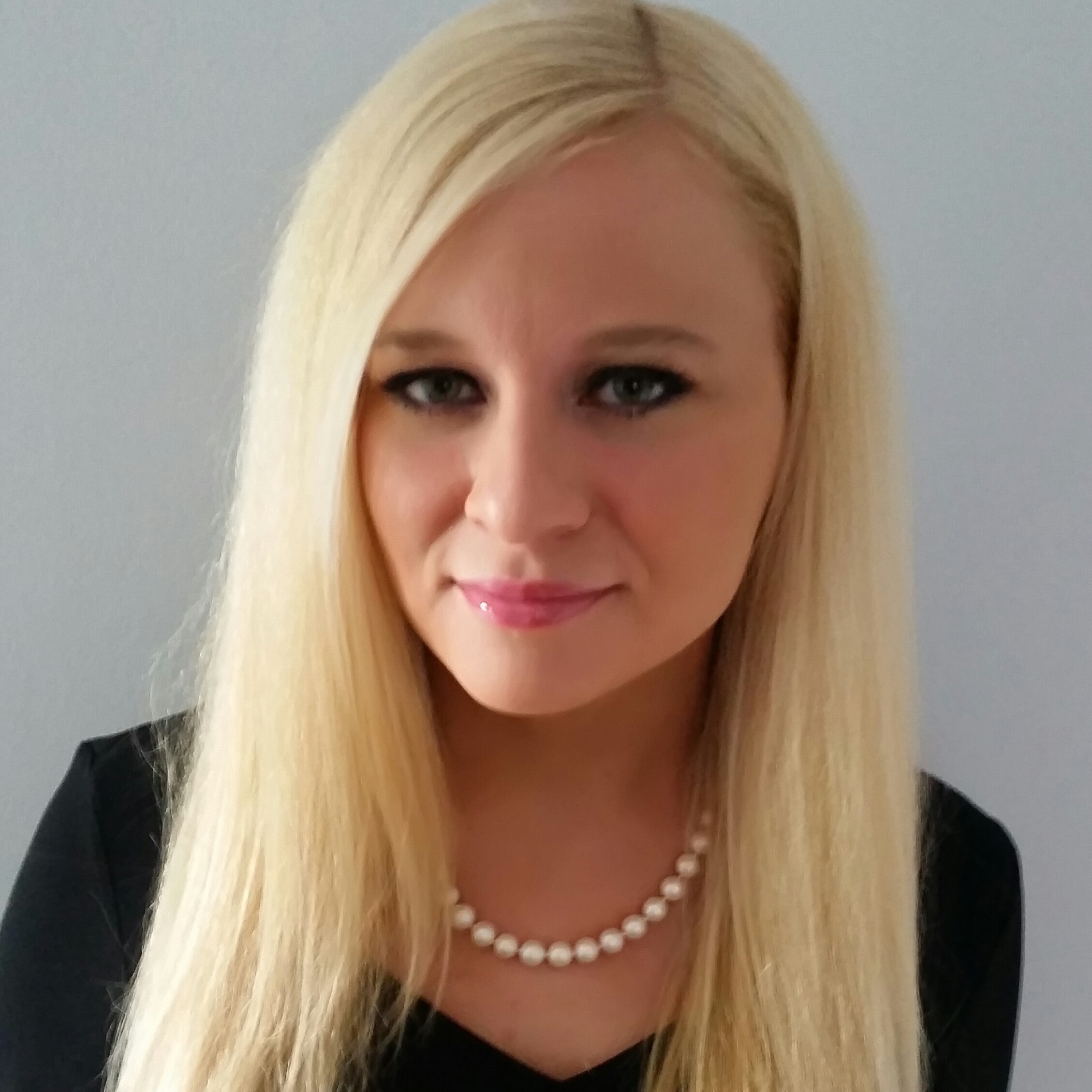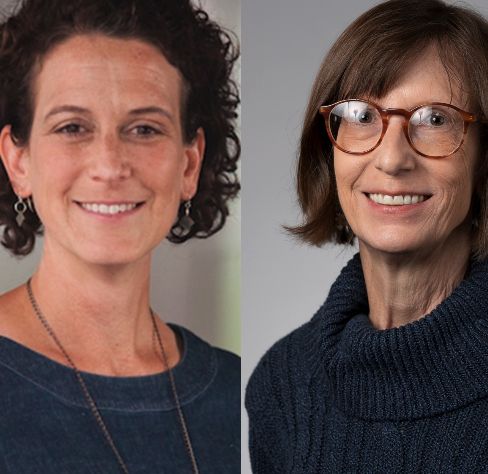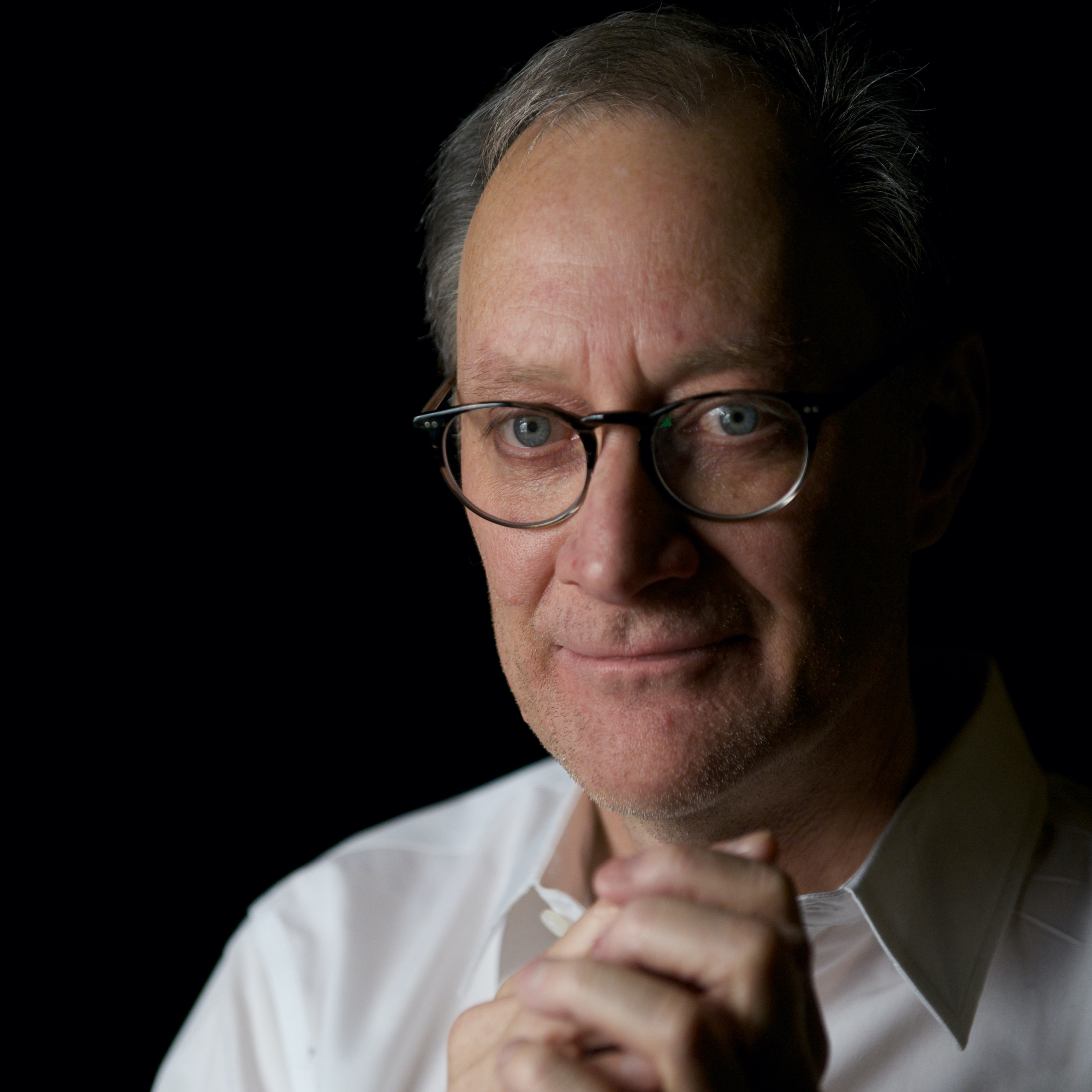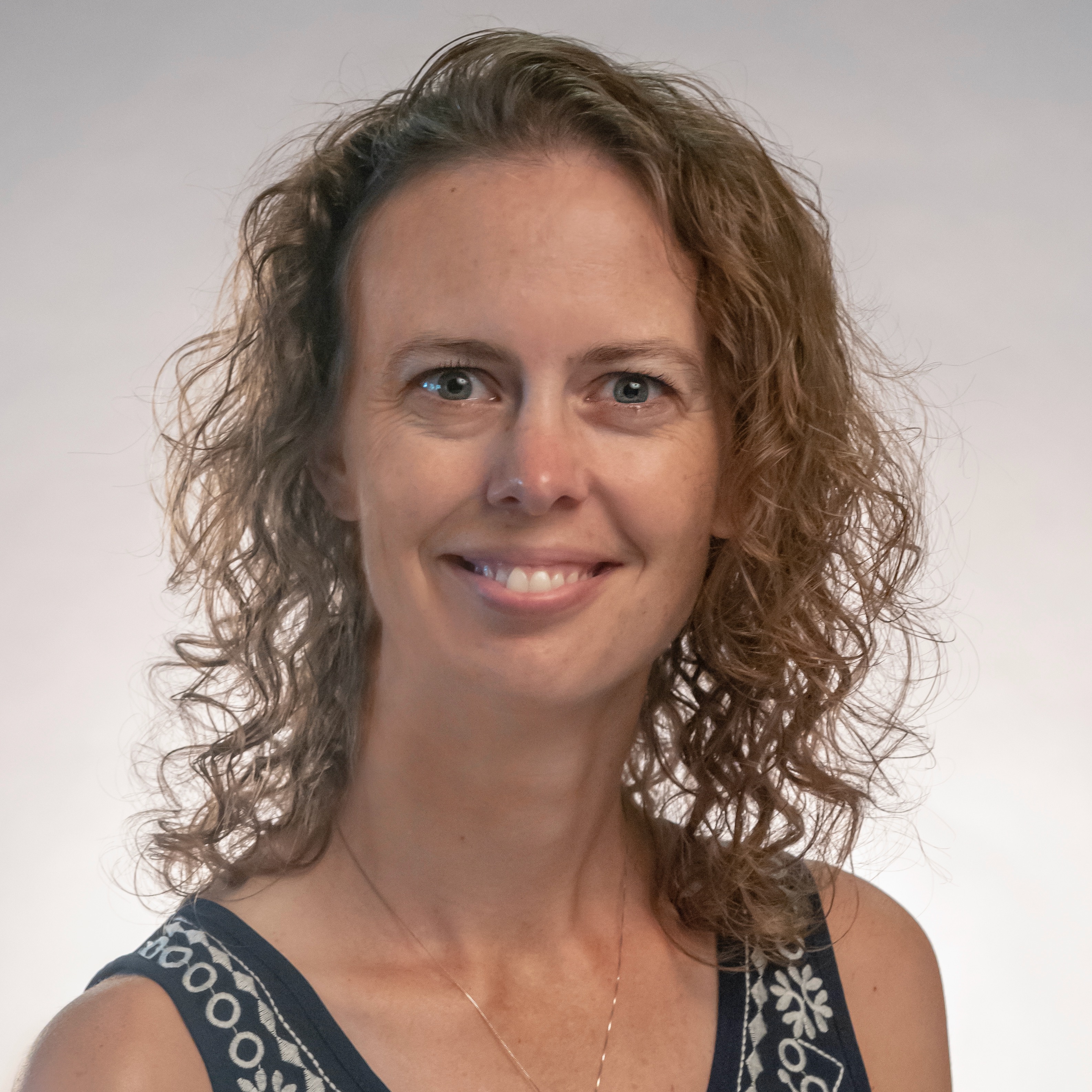Findings Staff Report | March 23, 2022
The Office of Research seeks to incentivize novel research, exceptional scholarship and the production of creative and performing art works that address issues of increasing societal significance.
And one way we support this sort of research is through the Arts, Humanities and Social Sciences Advancement Program, which issued a total of $100,000 in research grants this year.
Each project’s impact is based on either the United Nations Sustainable Development Goals or Arts + Social Impact Explorer, created by the nonprofit Americans for the Arts, with support from the Andrew W. Mellon Foundation.
Watch for AHSS Advancement Program grants and other Funding Opportunities to open again next fall.
Meet our 2021-2022 awardees:

Valerie Anderson
College of Education, Criminal Justice, and Human Services
School of Criminal Justice
Project: Agency Capacities for Identifying, Measuring, and Responding to Human Trafficking
“This research will impact those who are trafficked or at risk for human trafficking by allowing critical response agencies to understand where to invest resources to bolster an effective response to trafficking while promoting safety and human rights.”

Anne Bauer (right)
College of Education
Criminal Justice; and Human Services
School of Education
Sarah Schroeder (left)
School of Education
Project: Preparing teachers who “stick” in urban schools
“This project will provide an opportunity for preservice and in-service teachers to participate in curriculum and materials analysis to identify cultural gaps, self-evaluation of classroom setting for compassion, and deep conversations to examine how we can identify and dismantle microagressions and inequitable practices in our classrooms.”

Douglas Knehans
College-Conservatory of Music
Composition, Musicology and Theory
Project: Nin-me-šara: The Exaltation of Inanna
“Collaborating with soprano Anne Harley of Scripps College, composer Knehans will select verses from The Exaltation of Inanna to be set in the original ancient Sumerian, and with the help of historical astronomers, reconstruct astronomical data from the year of her appointment as High Priestess of the Moon Goddess in the temple of Ur (2354 BCE) ... The outcome of the research will be a new 25-minute performance piece for two soprano voices, bass clarinet, violin, percussion and electronics.”
.jpeg?sfvrsn=cb60806a_1)
Fengyang Ma
College of Education
Criminal Justice, and Human Services, School of Education
“This study examines bilinguals' speech perception of idioms in their second language. We are also interested in whether familiarity with the face and foreign accent would influence auditory speech recognition. We aim to test social speech perception models in two experiments with Chinese-English and Indian-English bilinguals.”

Sarah Stitzlein
College of Education, Criminal Justice, and Human Services
Education, Philosophy, and Women's, Gender & Sexuality Studies
Project: Teaching Honesty and Improving Democracy in the Post-Truth Era
“Currently, honesty is seldom discussed amongst philosophers and it receives little attention in civics education, which is often more concerned with civic content such as history and law. As a philosopher of education, I aim to fill that gap through a series of conference sessions and a publication by describing how to teach honesty within communities of inquiry in classrooms that enact deliberation, cultivate imagination, foster criticality, engage critical media literacy, and develop intellectual humility. Students can seek answers to local problems there and work to validate truth through evidence gathering and the scientific method."